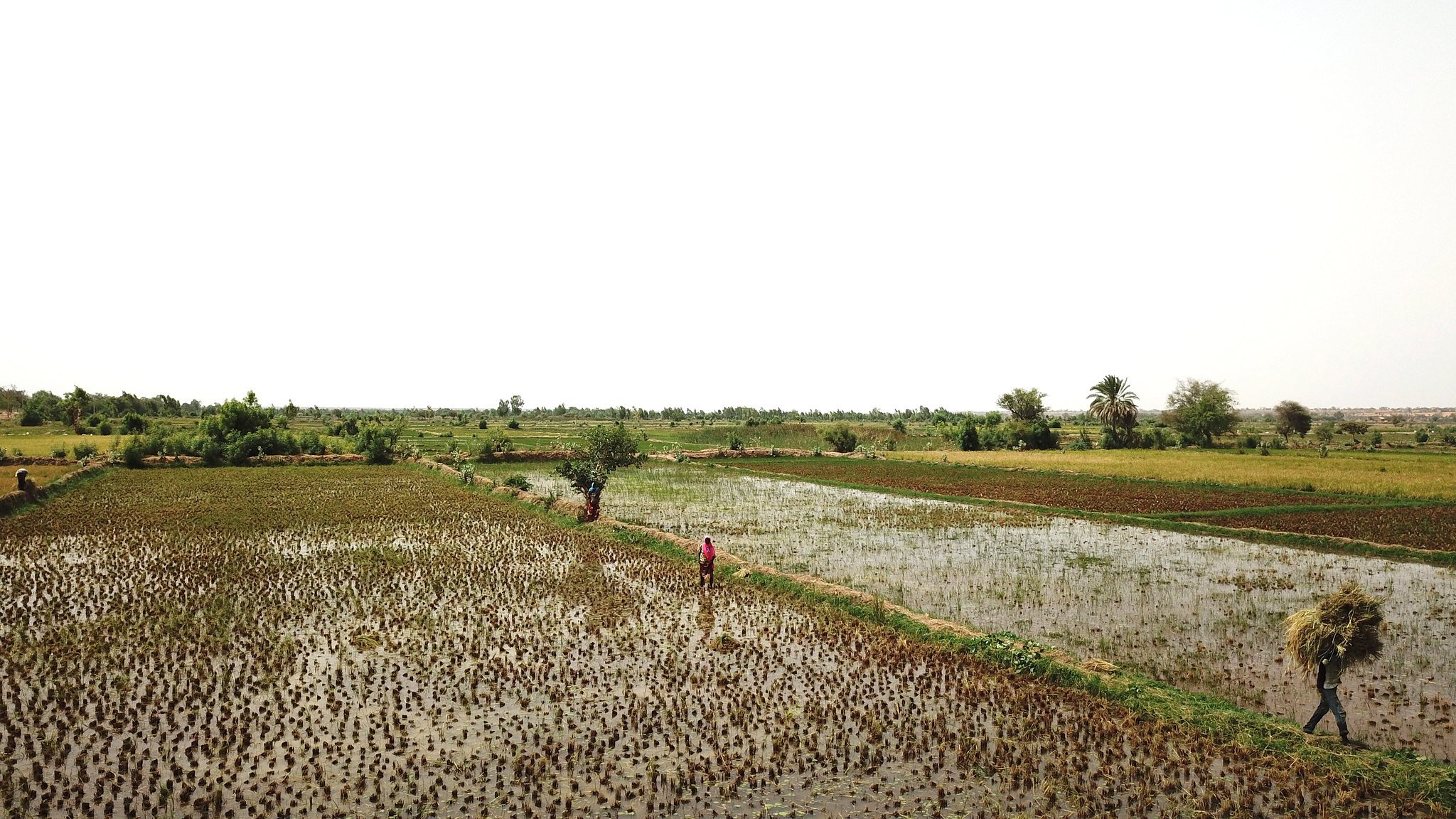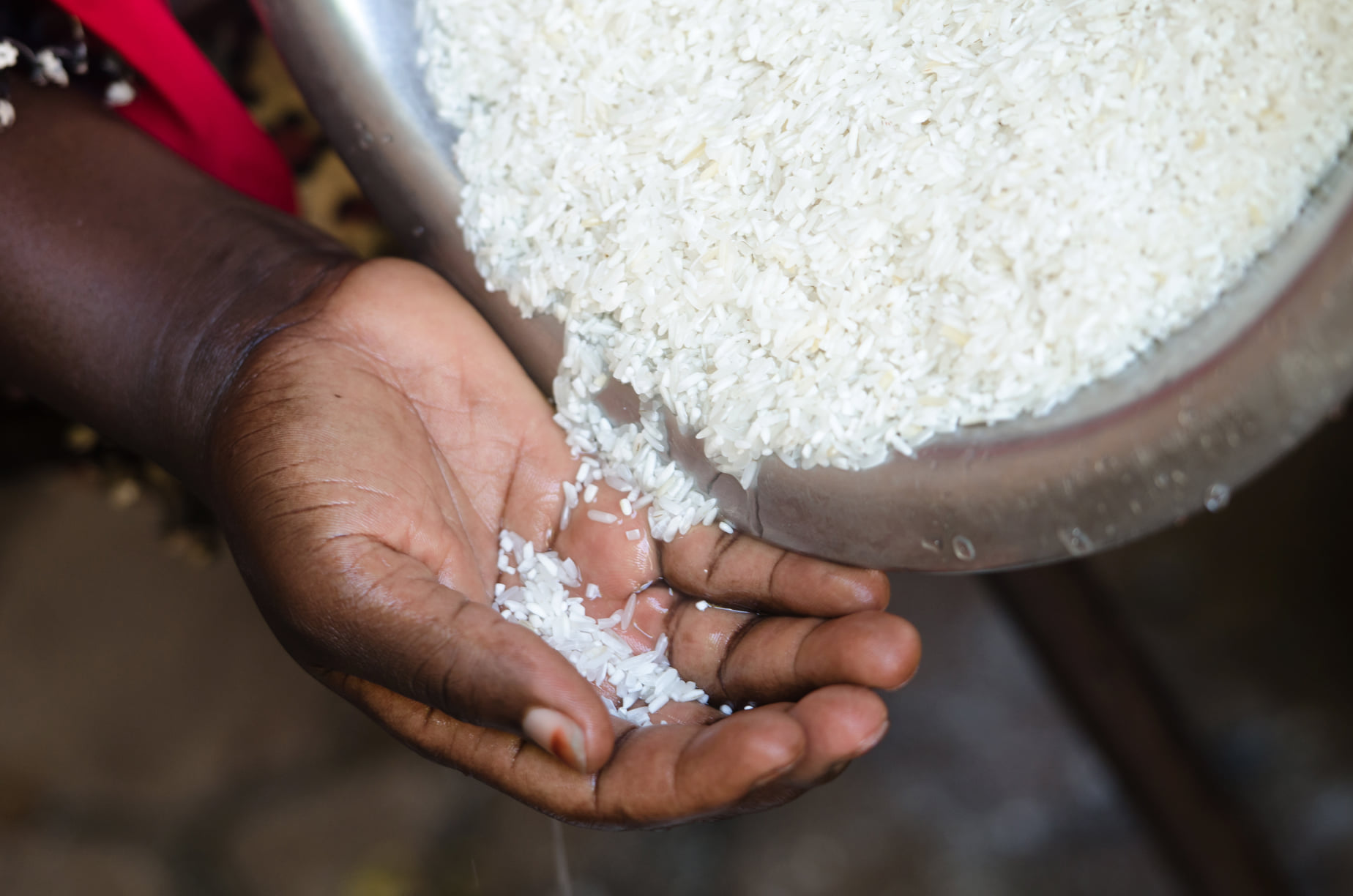News
CORAF is an important organization working to improve food and nutrition security in West Africa. CORAF's recent initiatives are a promising sign of its determination to meet the challenges facing West Africa.
Improving Rice Growers' Profitability with Hybrid Rice Varieties

Published on: 27/06/2024
Hybrid rice varieties represent a major advance for agriculture in West Africa, offering higher yields and greater resistance to environmental challenges. Developed by crossbreeding, these varieties stand out for their growth energy, vitality and production potential, as well as their resistance to biotic and abiotic stresses. Hybrid varieties are developed to maximize their agronomic performance, including higher grain production per plant. Unlike varieties obtained by mass selection, hybrids are the result of careful cross-breeding between parents rigorously chosen for their characteristics, thus optimizing their agronomic features.
Hybrid plants exhibit vigorous growth, enabling better ground cover and greater resistance to disease, insects and harsh environmental conditions. For farmers, hybrid rice varieties offer significant advantages: production of numerous tillers, a shorter growth cycle, and long panicles, increasing density and harvesting speed. Emmanuel Guiderdoni, rice genome specialist at CIRAD, pointed out that"95% of the grains obtained are clones, retaining the same properties as the original F1 hybrid, which means that a farmer would no longer have to buy new seeds every year."
Since 2009, Mali's Institut d'Économie Rurale (IER), in collaboration with the Centre National de Spécialisation sur le Riz (CNS-RIZ), funded by the Programme de Productivité Agricole en Afrique de l'Ouest (PPAAO), has been working to develop high-performance hybrid rice varieties. This program has resulted in the release of four hybrid varieties, with a fifth in the pipeline. Moussa Traoré, a rice farmer in the Niono region, explains:"Since I started using hybrid rice varieties, my yields have increased considerably. Not only do I harvest more, but the quality of the rice is also better, which enables me to sell at a better price."

Hybrid rice varieties such as NERICA and SERY 202 are particularly well suited to the varied climatic conditions of West Africa. NERICA, developed by AfricaRice, combines the high yield of Asian rice with the disease resistance and poor soil tolerance of African rice. They are also more resistant to drought and disease, which is crucial for regions with difficult climatic conditions. SERY 202, developed in Côte d'Ivoire, combines resilience and high productivity traits, enabling farmers to maximize production even under suboptimal growing conditions.
Research centers in West Africa, such as Mali's IER, AfricaRice, and Nigeria's National Cereal Research Institute, play a crucial role in the development of hybrid rice varieties adapted to the needs of local communities and climatic challenges. The process begins with the collection and evaluation of germplasm, identifying desirable traits such as drought tolerance and disease resistance. Then, careful crossbreeding and rigorous selection over several generations enable these traits to be combined in more robust and productive lines. The new varieties are tested in a variety of environments to assess their performance, ensuring their adaptability and resilience in the face of varied climatic conditions.
The West and Central African Council for Agricultural Research and Development (CORAF) plays a key role in the valorization and dissemination of these innovative technologies. By supporting research initiatives and facilitating collaboration between regional institutions, CORAF contributes to improving food security and strengthening agricultural resilience in West and Central Africa. Dr. Menidiou Dolo, rice breeder at the Centre Régional de Recherche Agronomique de Niono, Mali, says:"The hybrid rice varieties developed with CORAF's support through the WAPP represent a major breakthrough for rice farmers in the region, offering higher yields and greater resilience in the face of environmental challenges."
In short, hybrid rice varieties offer African rice growers a solution for increasing yields and improving income, while contributing to food security and agricultural resilience in West and Central Africa.
Other news
View allTowards a strengthening of CORAF's actions in...
A delegation from CORAF, led by its Chairman of the Board, Dr Kalifa TRAORÉ, its Executive Director, Dr Moumini SAVADOGO, and its...
A strong plea for African women entrepreneurs...
Many women in West and Central Africa live in an unfavorable environment, with limited access to information,...
CORAF strengthens its partnerships in Burkina Faso...
As part of its mission to strengthen institutional and technical collaboration, a delegation from CORAF, led by its Director,...
Training today's and tomorrow's researchers:...
When AMABA Akéta Akpadji Rébecca completed her Master's degree in Plant Biology in Togo, she was faced with uncertainties about...